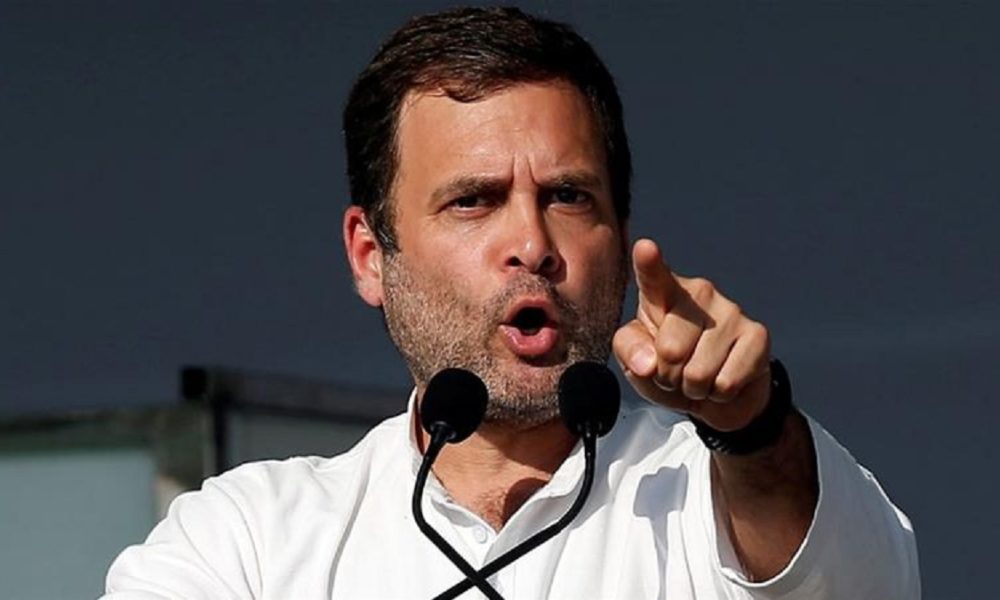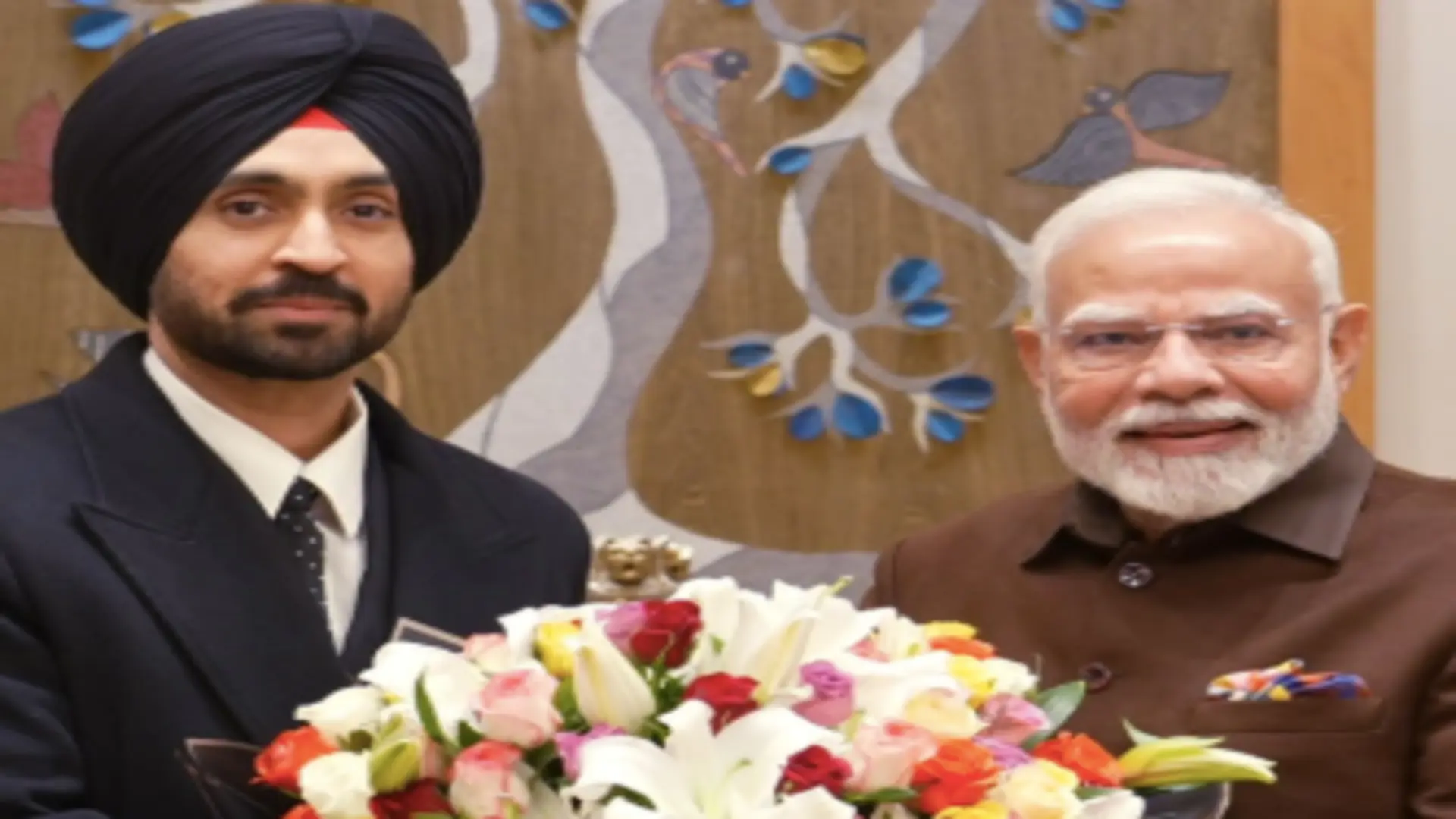Congress MP from Wayanad and former president of the party Rahul Gandhi has been in news lately. From donning the hat of a journalist and asking questions to eminent economists and Nobel laureates to congratulating Indian photo journalists for winning Pulitzer prize, he seems to be making headlines for all the wrong reasons. Gandhi, who turns 50 next month, should have displayed more political acumen when he congratulated the three journalists (two from Kashmir, one from Jammu) for their pictures which were a gross one-sided depiction of the ground reality in Jammu and Kashmir.
Normalising stone pelting against armed forces, sloganeering in favour of Pakistan and portraying J&K as an “independent” entity is what comprises as the body of work of the three Pulitzer winners from India. In his zeal to congratulate the winners, Gandhi unwittingly endorsed the position of the three photo journalists, their employer and the Pulitzer committee. All of which have a clear anti-India bias and position. The question is should a politician who wants to present himself as the political alternative to Prime Minister Narendra Modi exercise more restraint? Jammu and Kashmir is a part of sovereign India and any decision regarding the same is New Delhi’s internal matter. This position has been endorsed by the grand old party as well — most recently when the government made Article 370 ineffective and bifurcated the state into two Union Territories. So why did the Gandhi scion not realise the full import of his endorsement of the work of the Pulitzer Prize winners. This incident could not have come at a worse time for Gandhi who is painstakingly trying to cultivate an image of a politician who is not averse to seeking inputs from domain experts, particularly in the area of economics.
Gandhi’s two encounters with eminent economists Raghuram Rajan and Abhijit Banerjee were intended to create a persona of a politician who wants to engage with the most informed and educated minds in the field. But there have been several reasons why the exercise has fallen short of its desired objective. First, every politician in India knows (or should know) that for any public communication to resonate with the public at large, it needs to be said in simple terms. In the language that people would understand and relate to. Even if it is about the economy. Business journalists paid attention to Gandhi’s “interviews” of the two economists for any good policy measure in present times, political journalists heard for any new ‘RaGa vs Modi’ debate and maybe rival political party handles logged in to start any new hashtag. But where was the “aam aadmi”?
That’s a question Gandhi and his team will have to answer before they have any new interview with another eminent economist. The other significant drawback to the exercise was the sheer repetitive nature of the conversation — both the questions and answers. The desire to ensure multiple endorsements by global economists to UPA-era policy like NREGA or for Congress manifesto ideas like NYAY cannot be the driving feature of these conversations. The desire has to be to identify a solution to the present economic crisis. This brings us to the third main issue with these conversations. Politicians around the world are voted on two things — promises and the perception that they know better and can ensure delivery of these promises. A politician grappling for answers all the time is unlikely to cut ice with the voter. Gandhi must do more on these fronts if he wants to present a credible alternative in Indian polity























